When a franchisee violates labor laws, should the parent company be held legally responsible? What if a company that hired temp workers were to violate those workers’ rights? Would that company be liable — or would the staffing agency be accountable? These are complex questions, and the National Labor Relations Board has been working for some time to address them.
In a 2015 case involving Browning-Ferris Industries of California, the NLRB ruled that some companies in these situations can be held liable for labor law violations. A company and a staffing agency, or a franchisor and a franchisee, can be legally considered “joint employers” and thus be liable for the activities of the other joint employer.
In other words, the franchisor or the company that hired the temps could be held responsible for violating the labor rights of people who aren’t officially their employees.
Joint employers, according to the NLRB, are two or more entities that are otherwise considered employers and who “share or codetermine those matters governing the essential terms and conditions of employment.” In the 2015 ruling, the board said it would consider, among other factors, “whether an employer has exercised control over terms and conditions of employment indirectly through an intermediary, or whether it has reserved the authority to do so.
That ruling was too broad, according to the U.S. Court of Appeals for the D.C. Circuit. In a 2-1 ruling recently, the court found that while indirect control might create a joint employer relationship, it does not necessarily do so. It sent the case back to the NLRB for a revised definition.
That said, the five-member NLRB consists of members appointed to 5-year terms by the president. The current board has a three-member Republican majority. In 2015, the majority was made up of Democrats. Therefore, the current board may not revise the definition to be as expansive as the previous board might have done.
In fact, the current board has already proposed a change to the joint employer rule. It plans to restore an earlier rule that required direct control of core issues, such as hiring, firing and wages, in order for a franchisor or contracting company to be considered a joint employer. That proposal could be adopted as a final rule as early as June.
For now, most companies that hire temps and the parent companies of franchisees probably won’t be considered joint employers with labor law liability. Such companies should, however, have their liability exposure evaluated by an experienced attorney.

